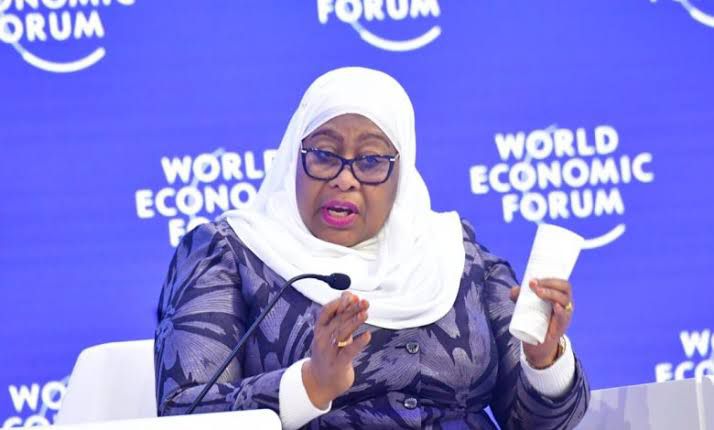The International Monetary Fund (IMF) Deputy Managing Director Bo Li has commended Tanzania for its commitment to preserving Tanzania’s macroeconomic stability in a challenging global environment adding that the authorities’ swift policy response helped contain inflation and safeguard the economy against spillovers from the war in Ukraine.
“I welcomed the authorities’ continued commitment to their reform program supported by the IMF’s Extended Credit Facility (ECF) approved in July 2022. Key pillars of the reform program include creating fiscal space to allow for much-needed social spending and high-impact public investment, enhancing the monetary policy and financial supervision frameworks, strengthening governance, and advancing structural reforms. In addition to safeguarding macroeconomic stability, the reform program aims to promote strong, sustainable and inclusive growth,” Li said.

I visited Tanzania and met with Vice President Dr Philip Isdor Mpango, Minister of Finance Dr Mwigulu Nchemba, Bank of Tanzania Governor Emmanuel Tutuba, private sector representatives, civil society, and development partners.
“I very much appreciated the constructive discussions I had during my visit, which allowed me to deepen my understanding of Tanzania and to reiterate the IMF’s commitment to supporting the authorities’ effort to unlock Tanzania’s development potential.
He encouraged Tanzanian authorities to enhance domestic revenue mobilization through tax reforms, which will help create the fiscal space needed to finance social spending and priority investment. In particular, scaling-up investment in human capital through increased spending on education and health will help close gaps in human capital.
“I was encouraged to witness the energy and vibrancy of the Tanzanian economy during my engagement with representatives of the private sector, civil society and development partners. I was impressed by a local environmental NGO’s dedication and creativity to promote sustainable living and the entrepreneurship and dynamism of traditional wood carvers. If supported by enabling business environment and access to finance, such entrepreneurs could become the source of growth and job creation for the Tanzanian economy,” he said.
He also had the opportunity to discuss with the authorities and other stakeholders the impact of climate change on the Tanzanian economy.
“IMF staff will continue this dialogue with the authorities on how the authorities can strengthen their policies and implementation capacity and how the Fund can support the country to build a climate-resilient economy,” he said.


